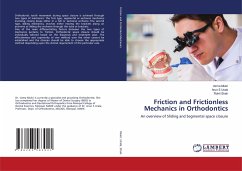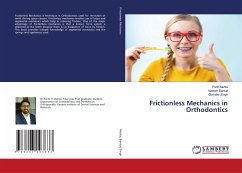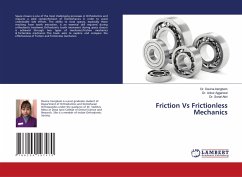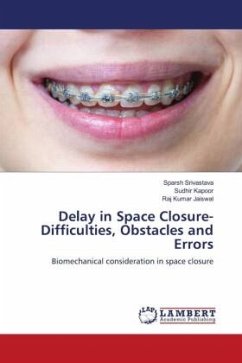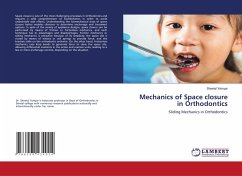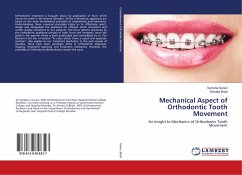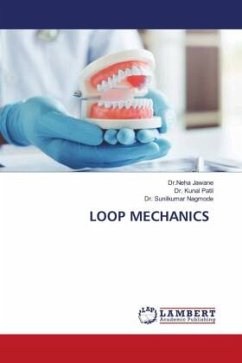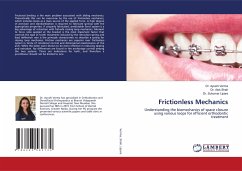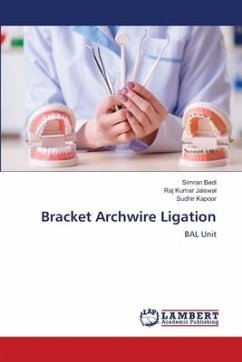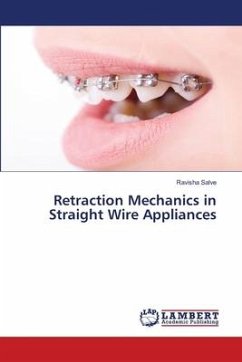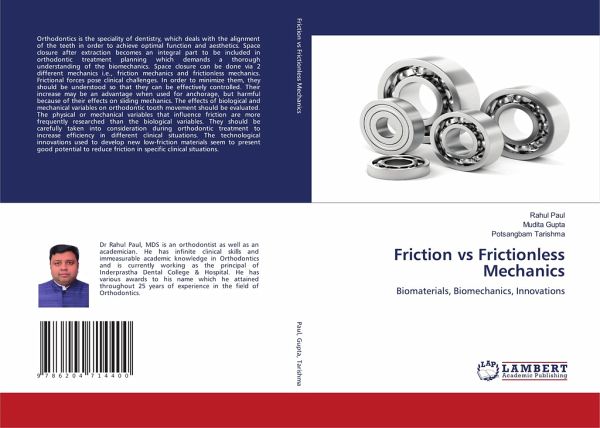
Friction vs Frictionless Mechanics
Biomaterials, Biomechanics, Innovations
Versandkostenfrei!
Versandfertig in 6-10 Tagen
47,99 €
inkl. MwSt.

PAYBACK Punkte
24 °P sammeln!
Orthodontics is the speciality of dentistry, which deals with the alignment of the teeth in order to achieve optimal function and aesthetics. Space closure after extraction becomes an integral part to be included in orthodontic treatment planning which demands a thorough understanding of the biomechanics. Space closure can be done via 2 different mechanics i.e., friction mechanics and frictionless mechanics. Frictional forces pose clinical challenges. In order to minimize them, they should be understood so that they can be effectively controlled. Their increase may be an advantage when used fo...
Orthodontics is the speciality of dentistry, which deals with the alignment of the teeth in order to achieve optimal function and aesthetics. Space closure after extraction becomes an integral part to be included in orthodontic treatment planning which demands a thorough understanding of the biomechanics. Space closure can be done via 2 different mechanics i.e., friction mechanics and frictionless mechanics. Frictional forces pose clinical challenges. In order to minimize them, they should be understood so that they can be effectively controlled. Their increase may be an advantage when used for anchorage, but harmful because of their effects on sliding mechanics. The effects of biological and mechanical variables on orthodontic tooth movement should be evaluated. The physical or mechanical variables that influence friction are more frequently researched than the biological variables. They should be carefully taken into consideration during orthodontic treatment to increase efficiency in different clinical situations. The technological innovations used to develop new low-friction materials seem to present good potential to reduce friction in specific clinical situations.



